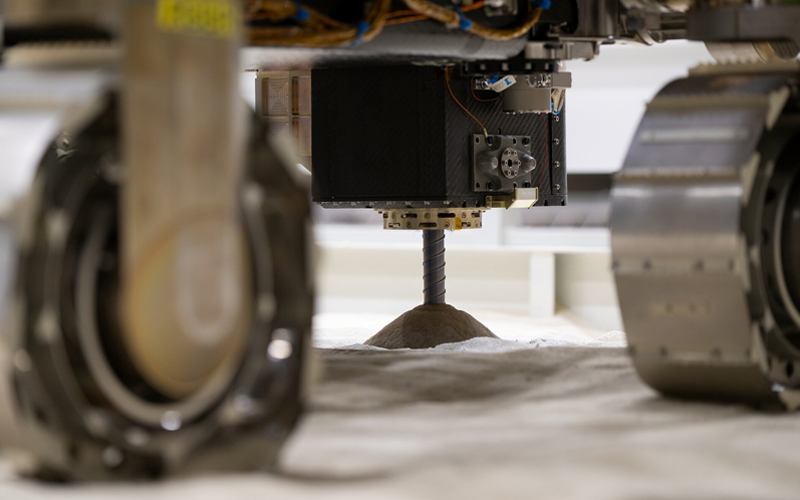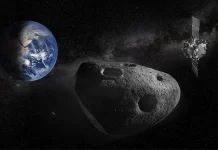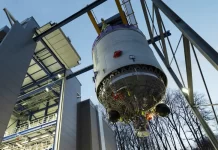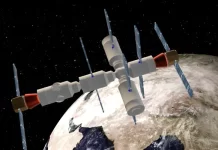
The European Space Agency has signed a new memorandum of understanding with NASA to formalize the aspects of its Rosalind Franklin Mars rover mission that the US space agency will assist.
ExoMars, of which the Rosalind Franklin rover was a part, had initially been scheduled for launch aboard a Russian lander in September 2022. However, following the invasion of Ukraine, ESA ended its cooperation with Russia. After a period of uncertainty regarding the mission’s future, ESA member states voted in November 2022 to fund a revised Rosalind Franklin Mars mission, which would see the agency take on a greater role while it searched for a new partner.
In March 2023, NASA took a first step toward supporting the European Mars mission by committing $30 million for 2024 to assist with funding its development. On 16 May, the two agencies moved to formalize their cooperation with the signing of a new memorandum of understanding.
The new partnership will see NASA supplying the mission’s launch service, throttleable braking engines, and lightweight radioisotope heater units (RHUs) for the rover, which the US Department of Energy will provide. A UK-led European effort to develop homegrown RHU production capabilities will continue in parallel with the aim of delivery for future missions.
“This pivotal agreement strengthens our collaborative efforts for the ExoMars programme and ensures that the Rosalind Franklin rover will set its wheels on Martian soil in 2030,” said ESA Director of Human and Robotic Exploration Daniel Neuenschwander.
ESA is currently targeting 2028 for the launch of its Rosalind Franklin Mars rover mission.
A €500 million jump start
In April, ESA signed a €522 million framework contract with a Thales Alenia Space-led consortium to continue developing the Rosalind Franklin Mars rover mission. In addition to developing key aspects of the mission that had initially been supplied by Russia, Thales Alenia Space has been tasked with maintaining and upgrading elements that have already been built.
Once on the surface of Mars, the Rosalind Franklin rover will utilize a specialized drill developed by Leonardo to penetrate the Martian surface to a depth of up to two metres. This depth is significant for uncovering the secrets of the Red Planet as it will allow the rover to collect samples from below the layer of soil sterilized by the effects of surface radiation. This will give Europe a chance to collect preserved organic material, which would be evidence of life on Mars.




